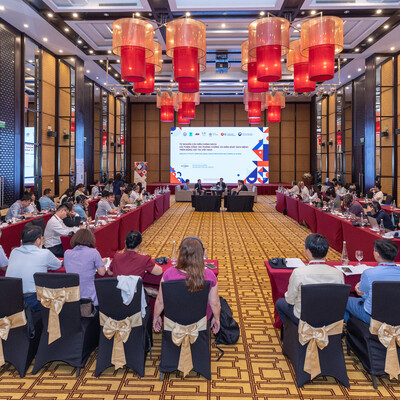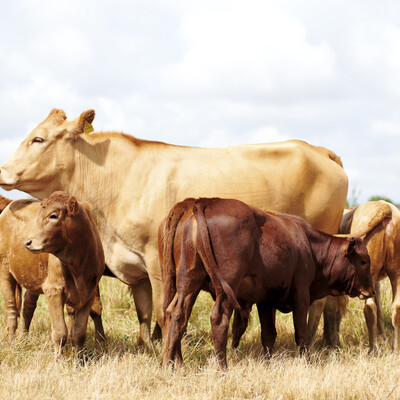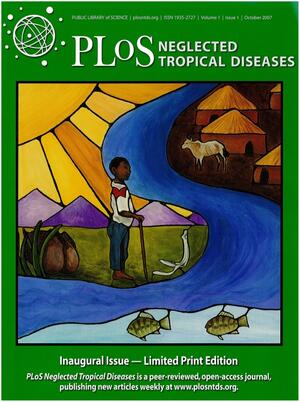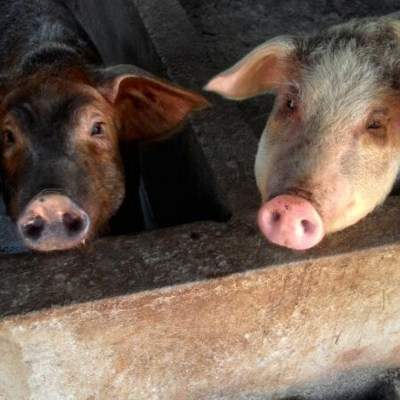
Accelerating CBPP research towards a better vaccine through application of synthetic biology
Presently control of CBPP relies mainly on a live vaccine of limited efficacy and duration of immunity. Vaccines with better efficacy are necessary for control and eradication programmes within all African regions. The identification of Mycoplasma target molecules for vaccines has been hampered by the non-existence of genetic tools to manipulate the pathogen’s genome in a systematic way enabling the subsequent testing of targeted genes for their role in host pathogen interactions using in vitro or in vivo systems. Recently, techniques for the targeted mutagenesis of Mycoplasma mycoides subsp. capri (Mmc) have been developed as part of synthetic biology efforts. The adaptation and application of such techniques to Mmm in order to identify molecules involved in host-pathogen interactions is the aim of this project. In vitro assays, which are developed at ILRI, will allow the screening for such molecules. Targeted mutagenesis will accelerate the knowledge gain with respect to pathogenicity and host specificity and therefore vaccine development.
Objectives:
Our long-term perspective is to apply key synthetic biology technologies to gain knowledge for vaccine development against diverse mycoplasma infections; the current project will show proof of principle. Two approaches will be pursued.
1. We propose to transfer the synthetic biology technology (genome transplantation) to ILRI in Africa and to adapt it to recent African outbreak strains of Mycoplasma mycoides
2. We will mutagenize the pathogens and test the mutants in in vitro cell culture assays to identify molecules involved in host pathogen interactions
Location:
Kenya, Germany
Outputs:
This study offers the potential to revolutionize the area of mycoplasma biology because it will allow the application of synthetic biology tools to mycoplasma pathogens of humans, animals and plants for which there are no tractable genetic methods. The postdoctoral scientist will gain valuable insight to cutting-edge research areas such as the new discipline of synthetic biology. The research will also help capacity building in an African research institute.
Contact: Joerg Jores

















